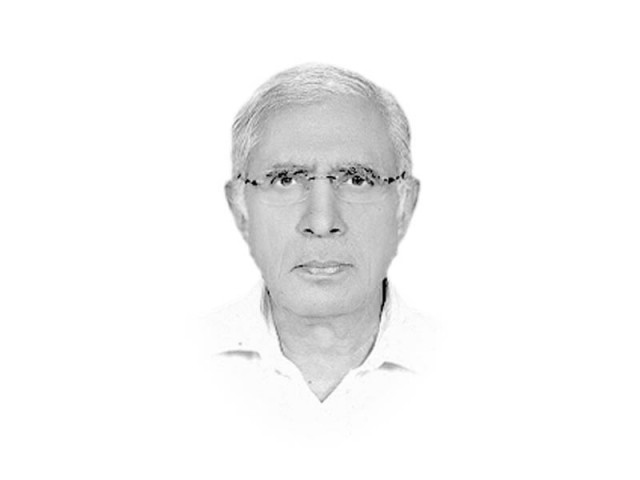Liberating state media from government control
The industry does not seem to be mature enough to reach a consensus within on self-regulation.

The writer is Executive Editor of The Express Tribune
Not that this generation was not already troubled by the impact of Rupert Murdoch’s rules of journalism and his culture of news on a major part of Pakistani print journalism. Alex Halperin reviewing David Folkenflik’s book Murdoch’s World claimed that Rupert Murdoch’s media vehicles had soared on “a center-right populism” — punching up at elites, identifying targets of derision and trying to take them down mixed with lively diet of entertainment news and all kinds of coverage of sports, and treatment of politics often as sport — at times as blood sport. This, unfortunately, has over time become the mission statement of most of our print and broadcast tycoons.
Meanwhile, overall decline in educational standards in the country, steep rise in illiberal academic environment, stagnant rate of literacy and expanding network of madrassa system had dinned a totally reactionary mind-set among most of our producers and consumers of N&V.
It is the sum total of all this that is reflected today in the N&V part of our media. There is nothing wrong with the mirror. The trouble is with the face. The ugly look does trouble many producers and consumers of N&V but not the media tycoons because the face, no matter how ugly it is, rakes in big bucks for these tycoons and also serves as a powerful political clout in their hands. Any attempt by the government to regulate the N&V part of the media would either fail to take off because of a number of well- known reasons or end up re-chaining it — a counter-productive consequence. On the other hand, the industry does not seem to be mature enough to reach a consensus within on self-regulation.
In such a situation, the only option left is to bring about peer pressure on the private N&V media by liberating from government control the state’s media vehicles — Pakistan Television Corporation (PTV), Pakistan Broadcasting Corporation (PBC) and the Associated Press of Pakistan along with the government-controlled regulatory authorities — Pakistan Electronic Media Regulatory Authority (PEMRA) and Press Council of Pakistan (PCP). PTV probably has a reach of about 80 per cent and the PBC about 90 per cent which puts the two far ahead of the private channels and FMs in terms of reach. To make the peer pressure really effective and accord it a high moral ground, each of these bodies could be turned into statutory units headed by a Chief Operating Officers (COO) to be appointed on pure merit by respective boards of governors constituted, in turn, by a bipartisan parliamentary committee ensuring that the boards have representation from a cross section of population including academics, lawyers, doctors, civil society members, women and social scientists, etc. The COO would be accountable to his/her board of governors and the board of governors would be accountable to the bipartisan parliamentary committee. Each COO would function within the limits of a mission statement evolved in consultation with the board of governors and approved by the bipartisan parliamentary committee. For self-regulation all these three organisations would develop overall codes for ethical and professional conduct and strictly adhere to them. And freed from government control PEMRA and the PCP would automatically acquire a level of credibility needed by such organisations to enforce the law without being accused of acting at the behest of their political masters.
Published in The Express Tribune, December 25th, 2013.
Like Opinion & Editorial on Facebook, follow @ETOpEd on Twitter to receive all updates on all our daily pieces.















COMMENTS
Comments are moderated and generally will be posted if they are on-topic and not abusive.
For more information, please see our Comments FAQ